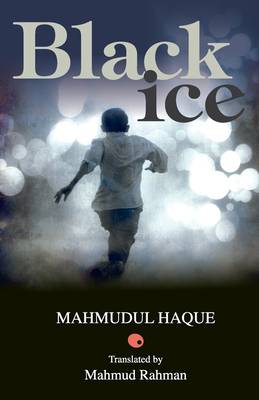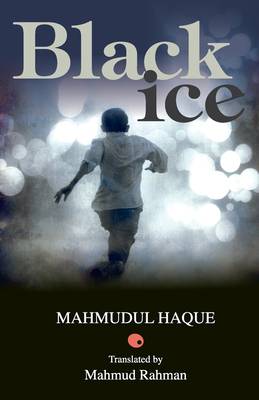
- Afhalen na 1 uur in een winkel met voorraad
- Gratis thuislevering in België vanaf € 30
- Ruim aanbod met 7 miljoen producten
- Afhalen na 1 uur in een winkel met voorraad
- Gratis thuislevering in België vanaf € 30
- Ruim aanbod met 7 miljoen producten
Zoeken
Omschrijving
Abdul Khaleq teaches at a rural college nearing collapse in newly independent Bangladesh. When a writer friend asks him to chronicle his childhood, Abdul retreats to an enchanting world in the suburbs of Calcutta. He remembers the girl who spoke to fish and birds, the girl he first loved. He also recalls the stream of visitors who came to his parents' door in those days, some bearing want, some malice, and others, generosity and wisdom. He plummets into despondency when memories return him to a time when Hindu-Muslim tensions in undivided Bengal eclipsed his innocence. Abdul's nostalgia enrages his wife Rekha who resents his lack of ambition and aloofness. Prodded by the village physician Doctor Narhari, the couple embark on a boat ride that forces them to confront their discord and desires, and plumb the roots of Abdul's alienation. Published first in 1977, Mahmudul Haque's cult novel, Black Ice, probes with utmost sensitivity the invisible scars bequeathed to the inheritors of the losses of Partition.
Specificaties
Betrokkenen
- Auteur(s):
- Uitgeverij:
Inhoud
- Aantal bladzijden:
- 150
- Taal:
- Engels
Eigenschappen
- Productcode (EAN):
- 9789350292174
- Verschijningsdatum:
- 20/02/2012
- Uitvoering:
- Paperback
- Formaat:
- Trade paperback (VS)
- Afmetingen:
- 129 mm x 198 mm
- Gewicht:
- 154 g

Alleen bij Standaard Boekhandel
+ 19 punten op je klantenkaart van Standaard Boekhandel
Beoordelingen
We publiceren alleen reviews die voldoen aan de voorwaarden voor reviews. Bekijk onze voorwaarden voor reviews.











